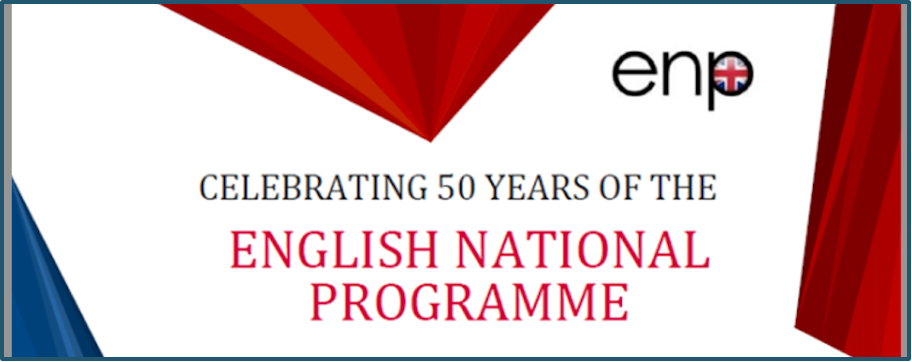ENP is 50 years old - Happy Birthday ENP!
To register for the 50th Anniversary Celebration on 6th April please email enp50@enpferney.org - we'd love to see alumni, former staff, former committee memebrs and friends of the programme.

Useful Links 
To register for the 50th Anniversary Celebration on 6th April please email enp50@enpferney.org - we'd love to see alumni, former staff, former committee memebrs and friends of the programme.
